As I have been working with clients in the MBSR Course, one question that is arising is the difference between acceptance and acknowledgment. Like most things, it depends on how you interpret it, so today I am going to share from two texts that I have learnt from Full Catastrophe Living and the Mindfulness-Based Stress Reduction Workbook.
Subsequently, in this post I will discuss –
- What is a Acceptance?
- What is an Acknowledgement?
- Why is it Important to Know the Difference Between Acceptance and Acknowledgement?
Let’s get started!
What is Acceptance?
In his book Full Catastrophe Living, Jon Kabat-Zinn indicates –
“Acceptance is seeing things as they actually are in this present.” (p.1280).
For example – if you have a sore knee, accept that you have a sore knee. In the end we learn to accept the situation, however quite often it is reached after periods of denial and resistance. Besides wasting a lot of time and energy, denial and resistance prevent change and healing from occurring. Subsequently, acceptance is essential before change can happen and becomes an act of self-compassion.
What is Acknowledgement?
Acknowledgement validates and acknowledges things as they are. For example – if you have a sore back, acknowledging to yourself that you have a sore back validates your experience in that moment.
What is the Difference Between Acceptance and Acknowledgement?
Bod Stahl and Elisha Goldstein (2010), report the difference between acceptance and acknowledgement by –
“To ‘acknowledge’ is to simply see things as they are, whether you like it or not. ‘Acceptance’ on the other hand, can be seen as being OK or at peace with things as they are” (p.1722).
However in saying that, Kabat-Zinn writes –
“Acceptance does not mean that you have to like everything or that you have to take a passive attitude toward everything and abandon your principles and values. It does not mean that you are satisfied with things as they are or that you are resigned to tolerating things as they ‘have to be’. It does not mean that you should stop trying to break free of your self-destructive habits or to give up on your desire to change and grow, or that you should tolerate injustice, for instance or avoid getting involved in changing the world around you because it is the way it is and therefore hopeless. It has nothing to do with passive resignation. Acceptance as we are speaking of it simply means that, sooner or later, you have come around to a willingness to see things as they are. This attitude sets the stage for acting appropriately in your life, no matter what is happening.” (p. 1296).
Personally, I go back to the original definitions around acknowledgement and acceptance to see the difference – acceptance is seeing things as they are in this present moment. Whereas acknowledgement validates and acknowledges things as they are.
Why is it Important to Know the Difference Between Acceptance and Acknowledgement?
The differences are tiny tweaks around the practise of mindfulness. Since Jon Kabat-Zinn originally wrote about the 7 attitudinal foundations in his book Full Catastrophe Living, Bod Stahl and Elisha Goldstein have tweaked / added to them in Mindfulness-Based Stress Reduction Workbook to create 8 attitudes of mindfulness practice. Mindfulness practice flourishes when certain conditions are present.
The following 8 attitudes of mindfulness are the combination of Jon Kanat-Zinn, Bob Stahl and Elisha Goldstein and each of these are essential to mindfulness practise –
- Beginners mind,
- Non-judging,
- Letting be and letting go,
- Acceptance and acknowledgement,
- Trust and self-reliance,
- Patience / equanimity,
- Non-striving, and
- Self-compassion.
You can read more about these 8 attitudes of Mindfulness in the Mindfulness-Based Stress Reduction Workbook or in Full Catastrophe Living.
Over to You…
What do you see as the difference between acceptance and acknowledgement? Feel free to share your insights below in the comments section or on our Facebook page here.
If you are ready to reclaim your courage and take the next step towards freedom and opening your heart, why not join our Toolkit?
References
Kabat-Zinn, J. (1990). Full Catastrophe Living: Using the Wisdom of Your Body and Mind to Face Stress, Pain, and Illness. New York, USA: Bantam Dell.
Stahl, B., & Goldstein, E. (2010). A Mindfulness-Based Stress Reduction Workbook. Oakland, USA: New Harbinger Publications, Inc.
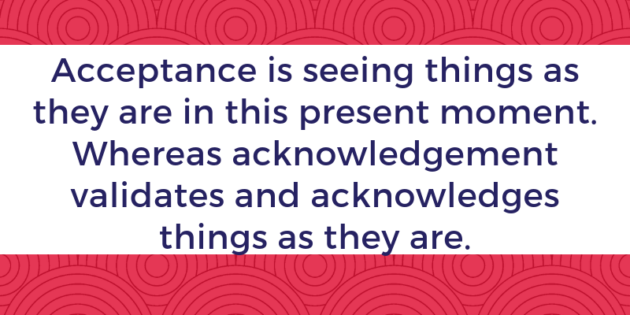




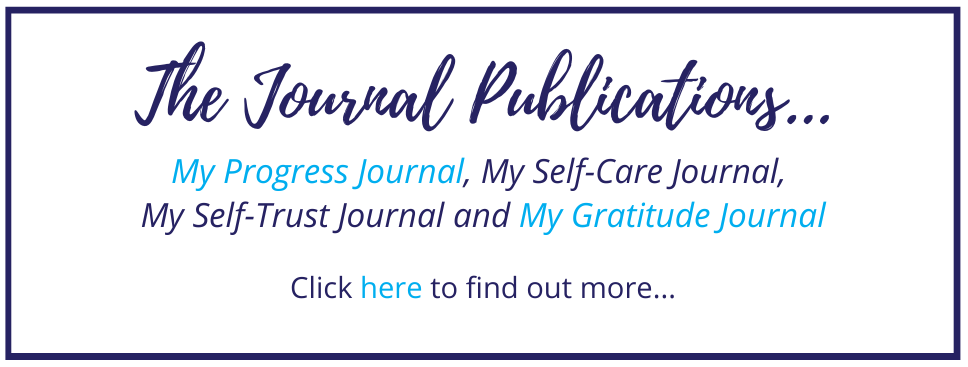

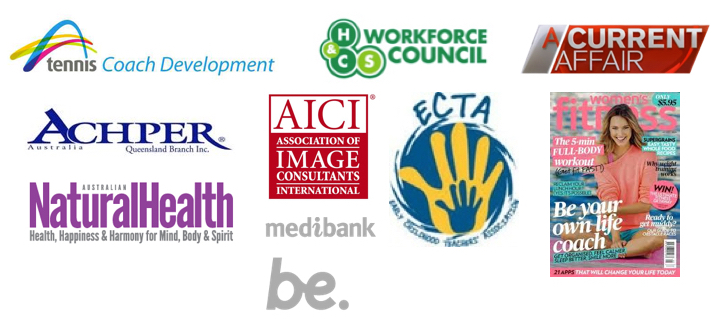
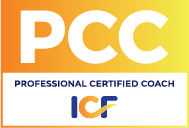






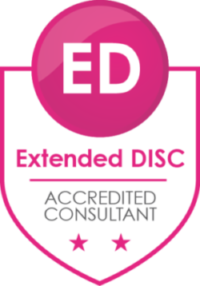

Leave A Response